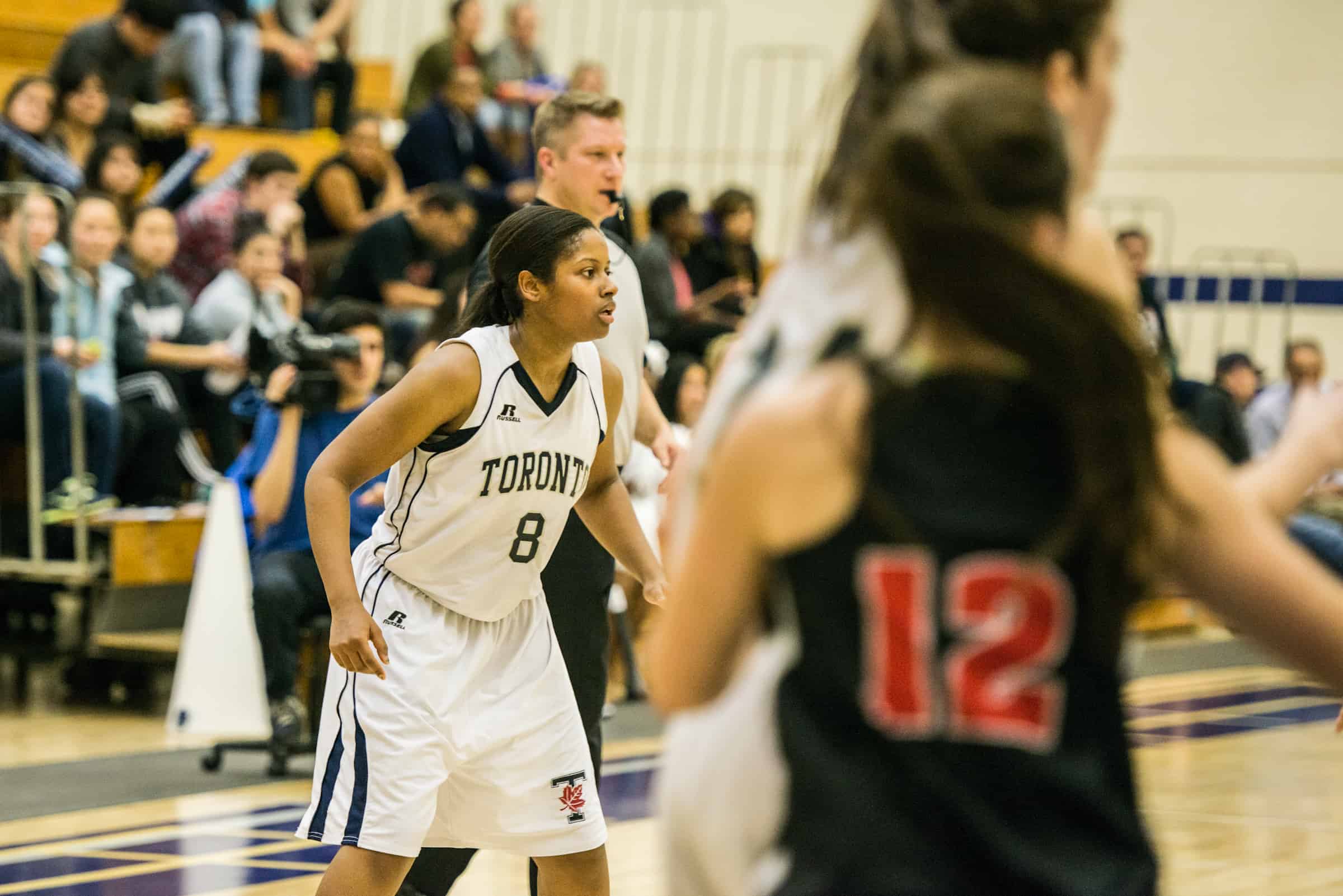When footballing legend George Best moved to the North American Soccer League in the mid-1970s, it wasn’t only his illustrious European career or self-destructive playboy antics off the pitch that set him apart from the rest of his Los Angeles Aztecs teammates.
While the rest of the Aztecs enjoyed a steak before every match, Best preferred cornflakes as his pre-game meal. And when the Irishman netted the game-winner in seven of the Aztecs’ first nine victories that season, his teammates followed his example, ditching their steaks for cornflakes instead.
The difference between Best and his teammates probably had very little to do with the cornflakes, but proper nutrition plays a fundamental role in ensuring an athlete’s best physical and mental performance.
Advising athletes on what to eat for optimal game-day performance is the job of naturopathic doctor Lowell Greib, the founder of The SportLab — an injury prevention, therapy, and nutrition clinic in Huntsville, Ontario — and fuelling coach of the Varsity Blues women’s basketball team.
The SportLab works with people involved in sports and activities ranging from mma to rowing, cross-country skiing to firefighting, and triathlon running to snowboarding. The clinic not only aids elite athletes and varsity school teams, but also works with what Greib terms “the Active Individual, somebody who is active in sport purely for the fun of it.”
While pursuing a master’s degree in Chemistry at the University of Waterloo, Greib participated in high endurance competitive cycling events lasting 12–24 hours. The experience made him personally familiar with the challenges athletes face, and played a large role in his decision to pursue a career in sports nutrition.
“The stress caused my body to fail. My sponsors still wanted me to continue racing so I began to work with various therapists and chiropractors to seek treatment that would keep me on my bike,” he explained. “Some of their approaches to therapy were unique. This peaked my interest.”
Greib’s studies only fuelled this interest. “I was finding things in my own research about the human body’s biochemistry that ended up helping me in my own training.”
After graduating from Waterloo, Greib began a program in Naturopathic Medicine at the Canadian College of Naturopathic Medicine, eventually founding the Sports Medicine program at the College, where fourth-year interns can participate in a clinical rotation. Greib is still involved with the College, acting as a supervisor and lecturer.
While Greib calls his path to a career in sports nutrition “atypical” (The SportLab is one of the only clinics led by two naturopathic doctors) he believes his background in biochemistry helps him understand active individuals and their nutrition and rehabilitation.
Greib was the first person in Ontario to be certified in sports nutrition by the International Society of Sports Nutrition, a body that “reviews the science behind the medicine and the nutrition,” explained Greib. “We then apply the evidence and the science to what we’re doing. This varies from sport to sport.”
Greib has been involved with the Varsity Blues’ women’s basketball team for three seasons.
The greatest challenge, from a nutritional standpoint, for a basketball player is keeping hydrated. “Players, especially the starting line, are on the court a lot. The air circulation is often poor and there is a lot of sweating,” he explained.
“We needed to strategize in order to maximize hydration over the course of a day so that players were already hydrated before the game. Many athletes go in dehydrated. In a high-paced game like basketball, hydration is also important for mental performance,” Greib added.
Keeping hydrated is also an important part of the post-game recovery process. “I wanted the girls to look to the post-game recovery not as the end of the game, but as the beginning of preparation for the next practice and the next game,” he said. “The reality is that they’re not just players. They’re also academics and need to function optimally when they’re in the classroom as well.”
Greib also worked to help the team navigate the often complicated world of nutritional supplements, making sure that the players had a good understanding of what is available and what is safe.
“A lot of people take protein, for instance,” said Greib, “but there are safer proteins for athletes to take, especially in varsity sports where doping controls are in place.”
Greib admits that there are a lot of differing sources and opinions circulating on proper nutrition for an athlete or active individual, making it difficult to know who or what to believe.
“Nutrition is often a confusing aspect of being an athlete,” he said. “It is important to have a plan and to be guided by a professional who can understand your body and tailor the program to fit your needs.”


